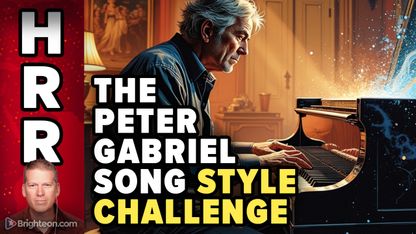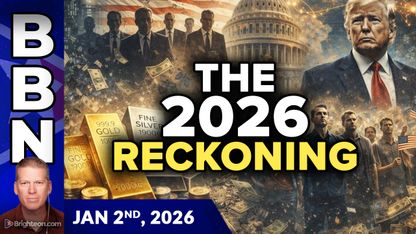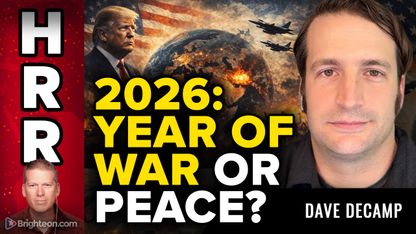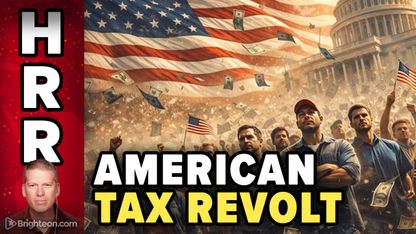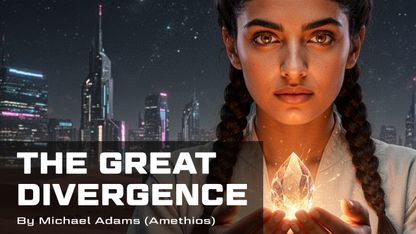
Philadelphia Mayor Jim Kenney announced the six-month freeze at a press conference on Tuesday, July 14, stating that it will remain in effect until February 28, 2021. As part of the announcement, Kenney confirmed that the prohibition covered gatherings of more than 50 people that are held on public property. This includes festivals, parades, carnivals, fairs, concerts and even flea markets.
Among the public events that have been canceled include the Thanksgiving Day Parade, the Mummers Parade and all planned races such as the Broad Street Run and the Rock ‘n’ Roll Philadelphia Half Marathon.
“I know this news will be disappointing for many Philadelphians,” said Kenney at his press conference. “It was not an easy decision to make. But as we continue to battle COVID-19 and try to restore some sense of normalcy in our city, we know there will be many difficult decisions to come.”
Protests not banned due to First Amendment rights
Gatherings that are exempt from the ban include those that are related to the expression of First Amendment rights, such as protests and other similar demonstrations. This means that the Black Lives Matter protests that have sprung up all over the U.S. in response to the killing of George Floyd while in police custody in Minneapolis, can continue.
When asked about how the ban will be enforced, Kenney said that they will be looking at events on a case-by-case basis and that Philadelphians will be encouraged to act in a “smart manner.” (Related: Chicago to churches: Comply with coronavirus mandates or have your facilities bulldozed.)
City officials also highlighted the racial disparities in coronavirus-related deaths in the city. They said that 51 percent of Philadelphians who’ve succumbed to the virus were African-American.
This, however, raises questions considering that officials have not banned protests, including those organized by the Black Lives Matter movement. These needlessly expose protesters, many of which are African-American, to the coronavirus.
In addition to protests, events held on private property that have fewer than 25 participants (so long as these events follow public health guidelines), as well as outdoor gatherings such as picnics and weddings that have not been publicly advertised but have fewer than 50 pre-registered guests are also exempt from the ban.
Events held in private venues also exempt from ban
Furthermore, city officials have made it clear that the ban does not cover events held in private spaces, such as sports stadiums, concert venues and other performance spaces, which means that football games held at the Lincoln Financial Field are exempted from the moratorium.
Thomas Farley, Commissioner of the Philadelphia Department of Public Health, clarified that, even though sporting events may continue, they will have to do so without fans physically present in the stadium. The Managing Director of the City of Philadelphia, Brian Abernathy, said that events held in private performance venues will also have to follow similar city health guidelines.
In addition to this announcement, the City of Philadelphia also published a series of guidelines that event producers and managers of private sporting and performance venues need to follow in order for their private event to be approved. These include guidelines for outdoor performances and events and outdoor recreational activities and sports.
As of press time, the city of Philadelphia has 27,723 confirmed cases of COVID-19, including 1,637 deaths. With the ban on public gatherings, the city hopes to keep its COVID-19 cases from growing further. However, the fact that does not include the massive protests and demonstrations organized by Antifa and the Black Lives Matter movement, the moratorium may not do much to stop the spread of the virus in the city.
Head over to Pandemic.news to hear about all the other plans American leaders are enacting to try and curb the spread of the coronavirus.
Sources include:
Please contact us for more information.


